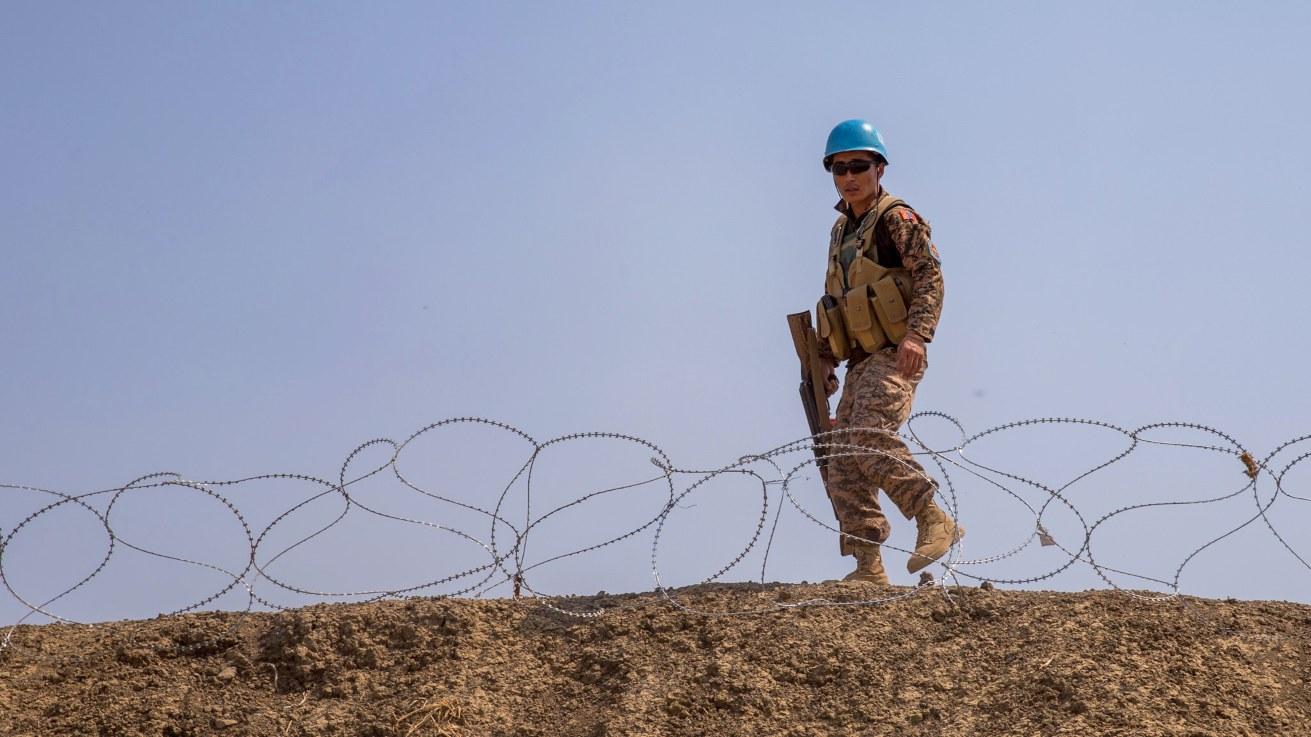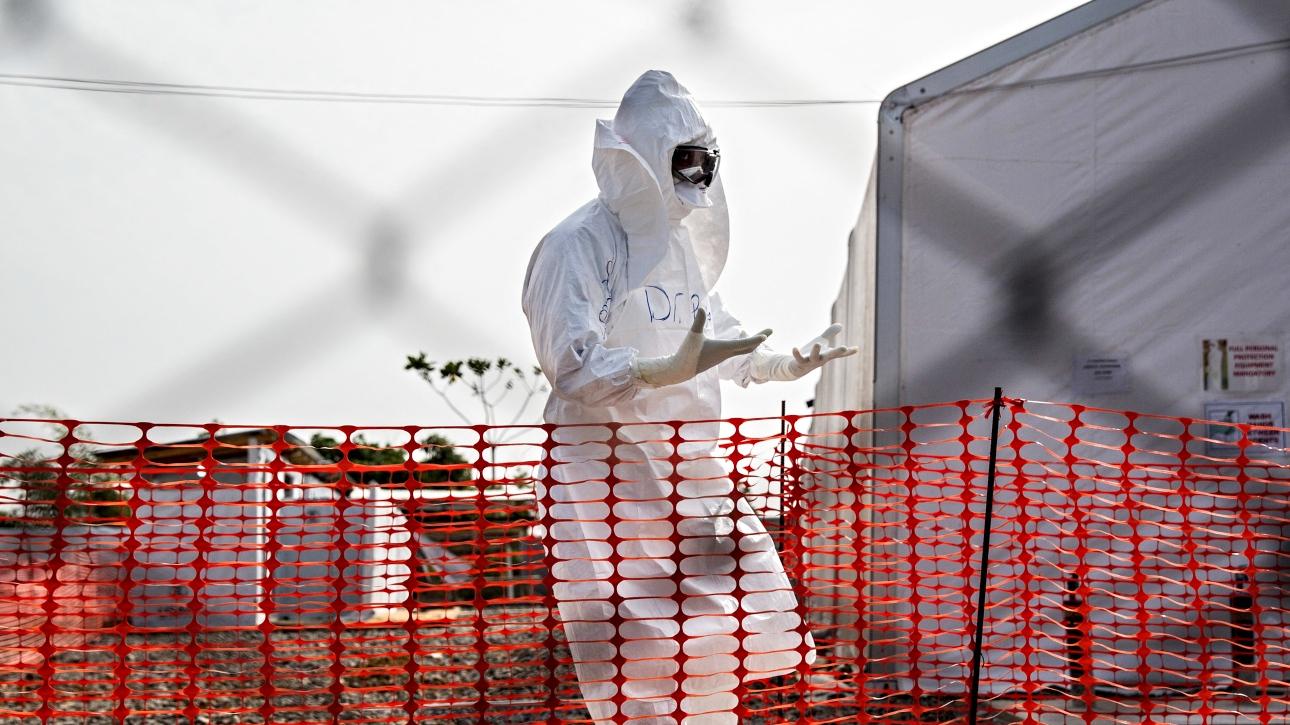Africans’ support for press freedom had been on the decline for a decade. In the wake of new attacks on free speech and media across the continent, the latest evidence suggests that citizens might be pushing back against their governments’ oppressive measures.
In 2002, Kenya experienced a political earthquake, when the party that had ruled since independence some four decades earlier was crushed in presidential and legislative elections. One of the biggest contributors to the Kenya African National Union’s defeat was probably the end of its monopoly over the broadcast media. In 1995, the government had followed the lead of many others around the continent and began issuing licenses to private radio stations. This gave the opposition an important platform to stump for votes, and Kenyans gained the opportunity to make a real choice at the ballot box.
Just five years later, Kenya experienced another consequential election, but this time the attention was for all the wrong reasons. Inter-ethnic violence in the aftermath of President Mwai Kibaki’s contested reelection resulted in as many as 1,500 deaths and the displacement of hundreds of thousands. One international inquiry cited ‘the negative and inflammatory role’ that a number of radio stations had played before and after the election, with ethnic hate speech and thinly veiled calls for violence.
Unsurprisingly, Kenyans’ attitudes about the media are complicated. Free and open media are essential for democratic competition, and too many Africans have suffered intimidation, imprisonment and violence for exercising their rights to speech. However, many also recognise that words can have very real – and very negative – consequences, and unfettered speech and media might come at a cost.
Support for government limitations
These complicated attitudes have registered in surveys. The last decade saw more Africans emphasising the potential harms that freer media might bring. Since 2011, Afrobarometer, an independent African research network, has been asking the same question in its surveys: do people support the media’s ‘right to publish any views and ideas without government control’, or do they favour the government’s ‘right to prevent the media from publishing things that it considers harmful to society?’
In the 2011–13 round of the survey, a majority (56%) took the position supporting media freedom. By the 2016–18 round, in which Afrobarometer surveyed some 45,000 people across thirty-four countries, support for media freedom was now in the minority, at 46%, while a slim plurality favoured government regulations (49%). Twenty-five of thirty-one countries surveyed at both points saw significant declines, including precipitous drops in Tunisia (down 21 points), Uganda (-21), Cabo Verde (-27), and Tanzania (-33). Kenya’s nine-point decline was almost the same as the continent-wide average, and Kenyans were almost evenly divided on the issue, with 50% favouring the freedom position and 44% government regulations. As Josephine Appiah-Nyamekye Sanny and I concluded in a report on these results, ‘Africans seem to be of mixed views on how much freedom is ideal’.
Unanswered questions in a fraught time
These changes in public opinion occurred in the midst of increased limitations on press freedoms and access to information. Many African countries are seeing judicial proceedings against journalists and bloggers, closures of media houses, internet shutdowns during particularly sensitive periods such as protests and elections, and new ‘taxes’ intended to limit access to social media. One conclusion from looking at the opinion trends might be that Africans will not defend media actors in the midst of these attacks.
Still, these survey results raise more questions than they answer. Two loom especially large. First, what explains the decline in support for media freedom in Africa between the early and late 2010s? In a recent piece in the Journal of Democracy, I consider a number of possibilities, including politicians’ scapegoating of journalists, concerns about hate speech and incendiary language, blatant partisan bias in many media outlets, and increased attention to mis- and disinformation, especially over Twitter, Facebook and WhatsApp. Supporting democratic values and pluralism means first understanding Africans’ concerns about their media. And we need much more research on this front.
Second, what does it mean when more Africans say that they want governments to have the ‘right to prevent the media from publishing things’? On one hand, agreeing with such a statement suggests giving real power to government at media actors’ expense. After all, preventing publications amounts to censorship. But these results do not necessarily suggest that large numbers of citizens would support measures like internet shutdowns, ‘social media taxes’, and trumped-up charges and violence against journalists. And there might already be signs that governments’ recent attacks on media have gone too far for many.
A brewing popular backlash?
Indeed, newly available data from the latest round of Afrobarometer’s surveys, conducted in the latter half of 2019, suggest some turnaround in these figures. In the eight countries surveyed, support for media freedom has increased, from an average of 50% in 2016–18 to 63% in 2019. In three of those countries – Côte d’Ivoire (+24), Guinea (+25), and Ghana (+29) – support for media freedom soared more than twenty percentage points. Namibia (+12), Uganda (+11) and Kenya (+8) also saw substantial gains. Botswana (+1) held steady, and Malawi (-6) was the only country in these preliminary data to see a decrease. What’s more, support for media freedom has now exceeded 2011–13 levels in five of these eight countries, suggesting that the declines of the last decade have been erased in many places.
These new results are hopeful. But it is too soon to say whether the trends in declining support from the last decade have definitively reversed across the continent. And while majorities now support media freedom in each of these eight countries most recently surveyed, substantial minorities are still in favour of government restrictions. While many questions remain, the most significant one is whether governments that have taken advantage of concerns about misinformation and crises like COVID-19 to attack independent journalism will accelerate their efforts or face roadblocks from populations that recognise the essential nature of a free press.
Photo by Derick Anies on Unsplash






Thank you for this issue to the fore.
It is complicated. Entrusting governments to oversee media defeats the purpose. Media’s role is conceived as a watchdog on governments. At the same time, unfettered freedom is dangerous. Especially in the age of social media. Even false stories can have a life of their own.
I don’t know what to think but that is of course not unusual for me. My friends say that my name should really be “the confused”.
Anyways, I think I will vote for media freedom with all the hazards it entails.
Thank you for confusing me!